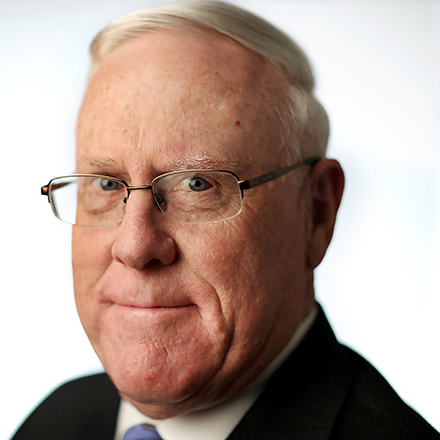Opinion: The Nigerian prince scam has grown more sophisticated

Randy Hutchinson
Randy Hutchinson is the President and CEO of the BBB of the Mid-South, serving 28 counties in Tennessee, Mississippi and Arkansas. He graduated from Western Maryland College and has an MBA from Wilmington College.
Nigerian letter scams now reap only $700,000 annually, but the same crooks get billions of dollars from more sophisticated scams: ‘That Nigerian prince has grown up, has gone to college, and has found a new, lucrative career,’ says an expert.
Comments have been disabled on this story.